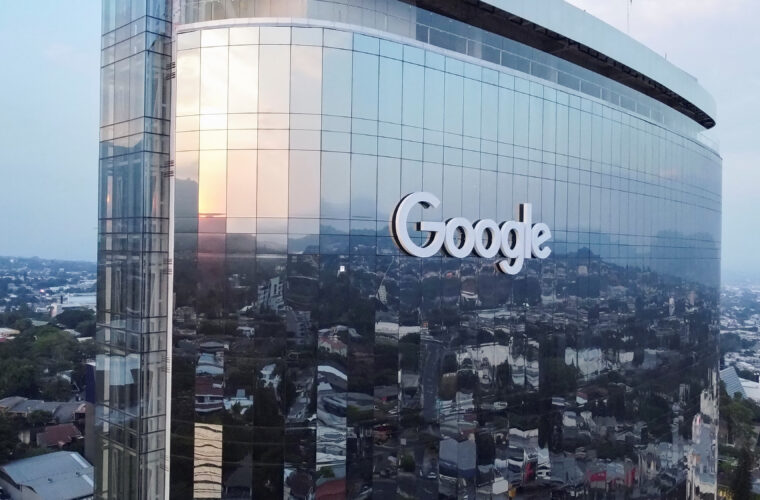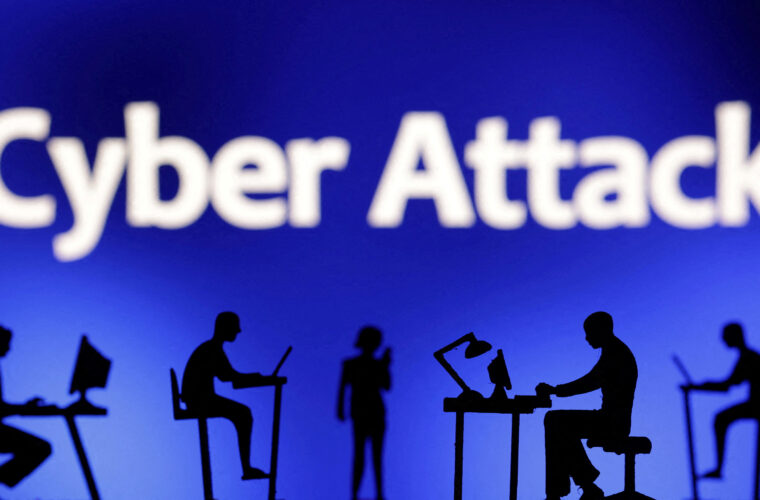Who are the people who are there to help us when we are attacked online? Is there a cyber-911? Should there be? There is currently no single entity or group to go to. Patrick Wheeler, guest on the podcast for the third time, explains how people are basically expected to be their own defenders. After talking about training in cybersecurity and cyberculture, we talk about the cyber ‘avengers’ that are missing in today’s cyber-landscape – and that we desperately need.
Countries across the globe are getting better at developing their cyber ‘fire-departments’ – permanent public services that speficically address cyber-threats. Meanwhile regular police forces are getting much better and the example of the Netherland’s Floor Jansen is compared to Europol’s EC3 group that addresses cyber-crime. Police force is the obvious go-to public service since much of online crime is just regular crime transitioned online. But the scenario is shifting and we need to agree on the role that police has online. In this interview, Wheeler mentions the UK example of the police visiting the homes of children who were online and downloading attack software. Is this the police’s duty?
Our professional persona in the office is protected by our corporate defenders. As we exit the workplace and enter other platforms we are much more on our own. But one of the more hidden defenders is the role of our telecoms and email service providers. Wheeler gives a shout out to the Tall Poppies organization and the academic paper on protecting people from domestic violence online post-breakups. The evolution of jurisprudence and attribution in private life protections is a very critical and sadly fragmented situation.
What is the role and responsibility of Internet of Things, is there a cyber-911 if my refrigerator gets hacked? While the analogy of calling a cyber-911 when an IoT device malfunctions may seem semi-ridiculous, the ability of the device to cause social harm changes this discussion. The cyber-911 may not occur within our lifetimes, but a form of this is likely necessary and possibly predictable in the years or decades to come.
Cyberwayfinder program: www.cyberwayfinder.com



